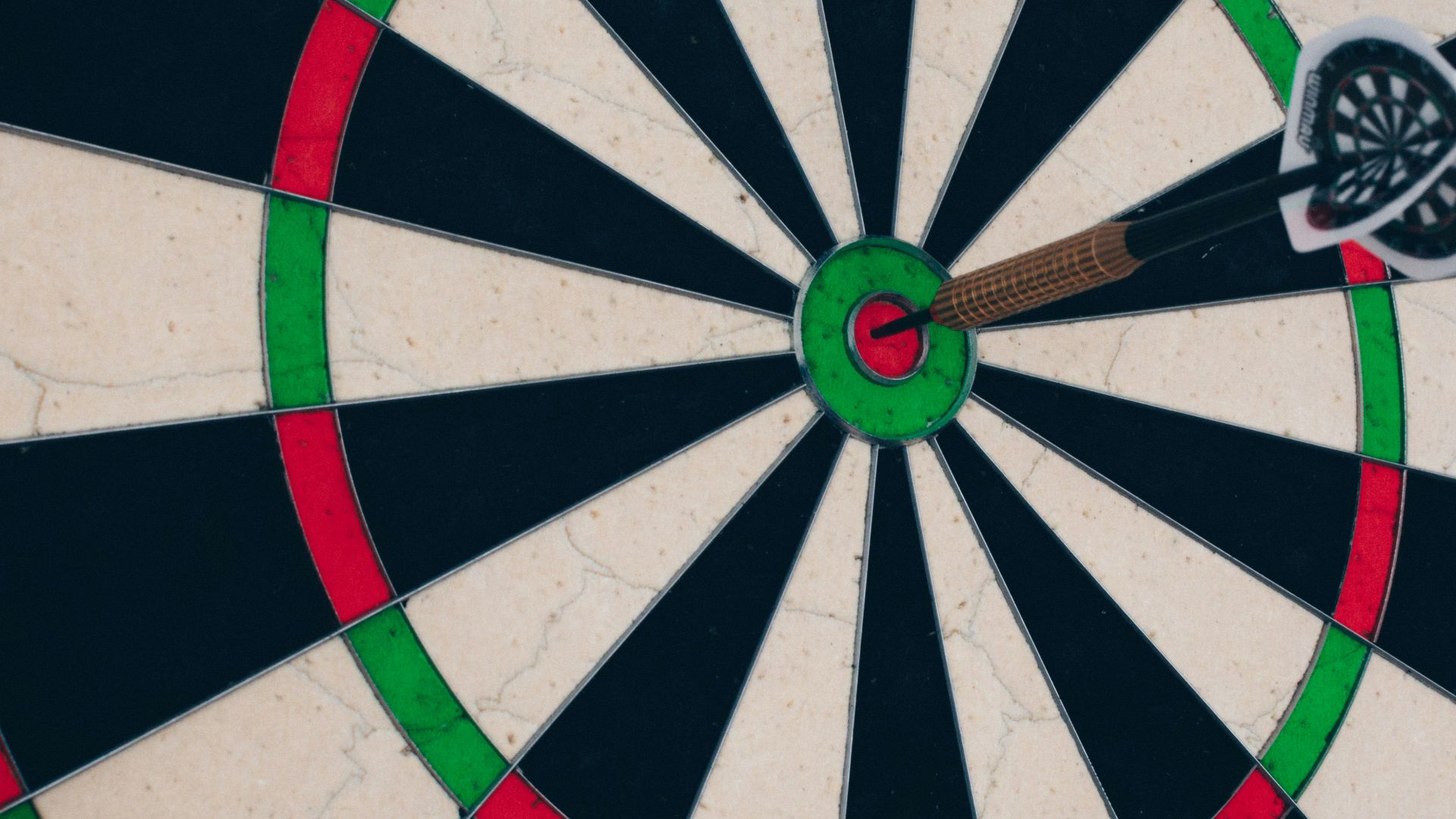Achieving Your Goals Is Possible
There’s nothing worse than having a to-do list that only grows. This can leave you feeling stagnant professionally or personally. The trick is not just to list your goals, but to effectively set each one. This lays the foundation for accomplishing more and being more productive. Here are 20 tips for effectively setting goals.
1. Use the SMART Method
The SMART method stands for specific, measurable, achievable, relevant, and time-bound. When setting goals, you need to answer how the goal addresses each of these factors. This makes goals realistic, tangible, and trackable.
2. Visualize the Outcome
During the early stages of goal setting, you need to picture what success looks like if you achieve a goal. This will help you understand what is possible and will push you to accomplish each step toward achieving your goal.
3. Focus on 1-3 Goals
Working toward 10 goals at a time is a recipe for disaster. Instead, focus on 1-3 at the most, to stay more focused and avoid feeling overwhelmed. Biting off more than you can chew can result in inaction. Deciding whether to focus on one goal at a time or three should be based on your productivity and what you can realistically accomplish.
4. Goals Must Be Personal
Never set goals based on the expectations of other people. Goals should focus on what you want to achieve, either personally or professionally. It’s okay to be selfish when it comes to goal setting, as it’s about your accomplishments and future.
 Glenn Carstens-Peters on Unsplash
Glenn Carstens-Peters on Unsplash
5. Ignore Setbacks
We often want to quit after the first setback. Setbacks will happen, but you need to keep moving forward. Progress isn’t always a straight line, and perfectionism isn’t a fair expectation to place on yourself. Even big setbacks can be overcome and shouldn’t undermine the goals you’ve set for yourself.
6. Structure Goals as Milestones
Milestones aren’t just for babies learning to walk and talk. They are for anyone striving for success. Break down goals into weekly, monthly, or quarterly milestones. Milestones can be minor, and each acts as a step toward something bigger.
7. Schedule Everything
Live by the concept that if something is not in a calendar, then it’s not real. A goal not recorded will be easily forgotten, so it’s best to use your calendar to your advantage. Schedule every goal and step along the way, and track your progress as you go.
 Daria Nepriakhina 🇺🇦 on Unsplash
Daria Nepriakhina 🇺🇦 on Unsplash
8. Use Apps and Templates
Find an app that can help you set goals effectively and stay organized. Notion and Trello are both effective for setting goals, and also help you visualize the task ahead and your accomplishments.
9. Anticipate Obstacles
Throw those rose-tinted glasses in the trash to set goals effectively. When setting goals, consider and write down every obstacle you may encounter along the way. Be realistic and thorough to mitigate surprises.
10. Focus on Execution
Setting goals is an exercise in planning, but you need to keep the focus on execution. Set time in your weekly calendar for the execution of a specific goal. Make sure this time is free of distractions, and it’s okay if you are only executing a small task.
11. Be Accountable
Be open about your goals and share them with others, as this will help make you accountable. Accountability is key for follow-through, so ask a friend or colleague to monitor your progress at designated points through the process. You need to be open to feedback in case your accountability buddy tells you that you’ve fallen behind.
 Antoni Shkraba Studio on Pexels
Antoni Shkraba Studio on Pexels
12. Adopt a Growth Mindset
The foundation of goal setting should be growth. This means accepting failures as they happen, and seeing them as opportunities to grow and even a tiny step toward achieving your goal. A growth mindset can convince you that you’re achieving something valuable as you strive for more.
13. Connect Habits to Goals
There’s a correlation between certain habits and results. As you set goals, try to connect each to a habit that you feel will help you achieve it. If eating healthier increases your focus, then this is a habit to embrace from the moment you set a goal.
14. Embrace the 2-Minute Rule
The 2-minute rule can be a game-changer. If a task can be completed in under 2 minutes, then do it immediately. This creates a slew of small wins and makes sure you don’t get bogged down with insignificant tasks that could have been done weeks earlier.
15. Gamify Goal Setting
Setting a goal often feels as if you're creating a lot of work for yourself. Adding a gaming element to your goals can keep you motivated and add a touch of fun. It's recommended to incorporate a rewards-based point system into your goal setting.
16. Don’t Overplan
Many people get so bogged down in planning that they don’t realize that they are just procrastinating. Set a goal and then get to work. Overplanning is simply delaying.
17. Keep a Journal
Dedicating a journal to tracking your goals can help document your progress and illustrate whether your initial goal-setting was effective. Track your achievements, obstacles, and every lesson you learned along the way. Don’t forget to go back and read your journal from time to time.
18. Don’t Wait on Inspiration
Your muse isn’t coming for a visit. An effective tactic for setting goals is to get started on the first task right away. Sitting around hoping for inspiration to strike is never a good idea. Instead, set the goal and then immediately work to achieve it.
19. Perform Quarterly Reviews
Include quarterly reviews in each goal when setting them. Every quarter, honestly review what you accomplished, what you failed to achieve, and any wins and failures that occurred. This can help you adjust your goals or set smaller goals to reach the bigger ones by the end of the next quarter.
20. Write Down Your Goals
According to sources, writing down a goal makes it a lot more likely to be achieved. This is where a goal journal comes in handy, or you can use an app or whiteboard. Find what works for you, but it’s vital to write down your goals.
KEEP ON READING

























